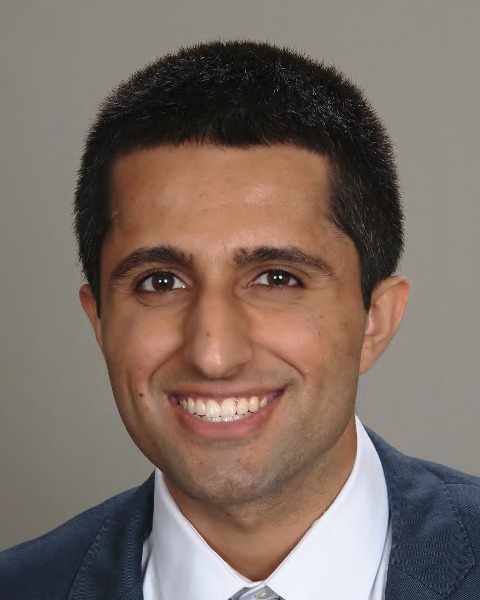Category: Genetics
Poster Session IV
(956) Impact of delivery route on postnatal surgical morbidity in fetal achondroplasia: a multicenter cohort study
Pregnancies affected by achondroplasia present unique challenges. Due to the small shape of the maternal pelvis, pregnant women with achondroplasia must undergo a caesarean delivery (CD). The optimal route of delivery in fetuses with achondroplasia born to mothers of average stature has not yet been established. Our objective in the current study was to determine whether the route of delivery impacts postnatal achondroplasia - related surgical burden in fetuses with achondroplasia.
Study Design:
We conducted a retrospective analysis of a large multicenter cohort of patients with achondroplasia (n= 1,374) known as the CLARITY study. CLARITY study patients were evaluated at least once by a clinical geneticist at one of four academic skeletal dysplasia centers between 1957 and 2017. Postnatal achondroplasia-related surgeries were stratified by surgery type (i.e. ENT, brain, foramen magnum, spine, and extremity). The total surgical burden and rates of each type of surgery were compared in individuals for whom the route of delivery was known (vaginal vs CD).
Results:
The route of delivery was available from 870 patients in the CLARITY cohort. 501 pregnancies (58%) were delivered by CD and 80% of the total cohort had one or more achondroplasia-related surgery postnatally. There was no difference in the odds of requiring any postnatal achondroplasia - related surgery if delivered vaginally vs by CD (OR 0.95, 95% CI: 0.68 to 1.33, p = 0.76). When stratified by maternal stature, 80.4% of the infants born to average stature mothers had at least one achondroplasia-related surgery while 77.1% of infants born to short stature mothers had at least one surgery.
Conclusion:
There was no difference in the risk of requiring achondroplasia – related surgeries if delivered vaginally vs by CD in our large cohort. Our data suggests that it is reasonable for average stature mothers carrying a fetus with achondroplasia to undergo a trial of labor in the absence of routine obstetric contraindications.

Bobby Brar, MD (he/him/his)
Department of Obstetrics and Gynecology, Johns Hopkins University School of Medicine
Baltimore, Maryland, United States- JH
Julie E. Hoover-Fong, MD, PhD
Department of Genetic Medicine, Johns Hopkins University
Baltimore, Maryland, United States - EG
Ethan Gough, PhD
Bloomberg School of Public Health, Johns Hopkins University
Baltimore, Maryland, United States - SH
S. Shahrukh Hashmi, MD, PhD
Department of Pediatrics McGovern Medical School at The University of Texas Health Science Center at Houston (UTHealth)
Houston, Texas, United States - JH
Jacqueline T. Hecht, PhD
McGovern Medical School and School of Dentistry, University of Texas Health
Houston, Texas, United States - JL
Janet M. Legare, MD
University of Wisconsin School of Medicine and Public Health
Madison, Wisconsin, United States - LD
Lorena Dujmusic, BS
University of Wisconsin School of Medicine and Public Health
Madison, Wisconsin, United States - ML
Mary E. Little, BS, RN
Nemours and AI duPont Hospital for Children
Wilmington, Delaware, United States - PM
Peggy Modaff, MS
University of Wisconsin School of Medicine and Public Health
Madison, Wisconsin, United States - RP
Richard M. Pauli, MD, PhD
University of Wisconsin School of Medicine and Public Health
Madison, Wisconsin, United States - DR
David Rodriguez – Buritica, MD
McGovern Medical School, University of Texas Health
Houston, Texas, United States - MS
Maria E. Serna, BS
McGovern Medical School, University of Texas Health
Houston, Texas, United States - CS
Cory Smid, MS
University of Wisconsin School of Medicine and Public Health
Madison, Wisconsin, United States - MB
Michael B. Bober, MD
Nemours and AI duPont Hospital for Children
Wilmington, Delaware, United States

.png)

